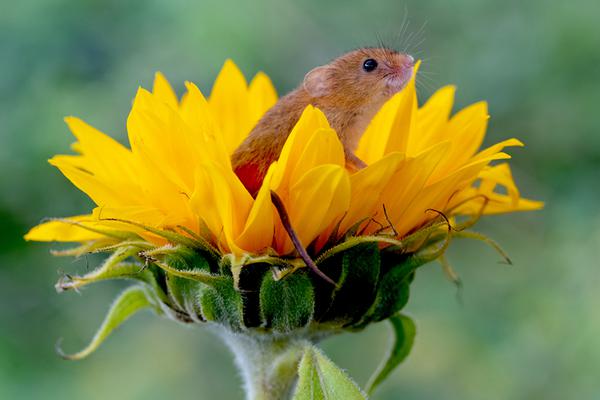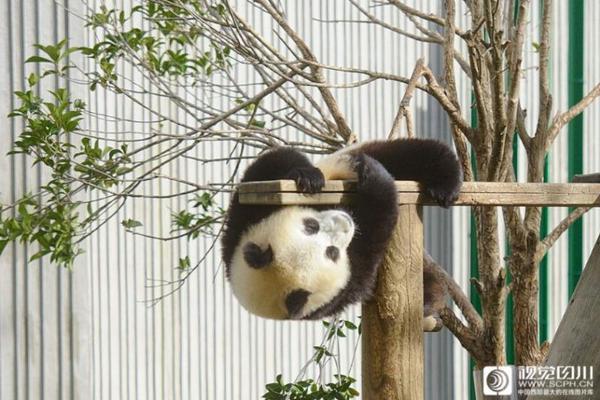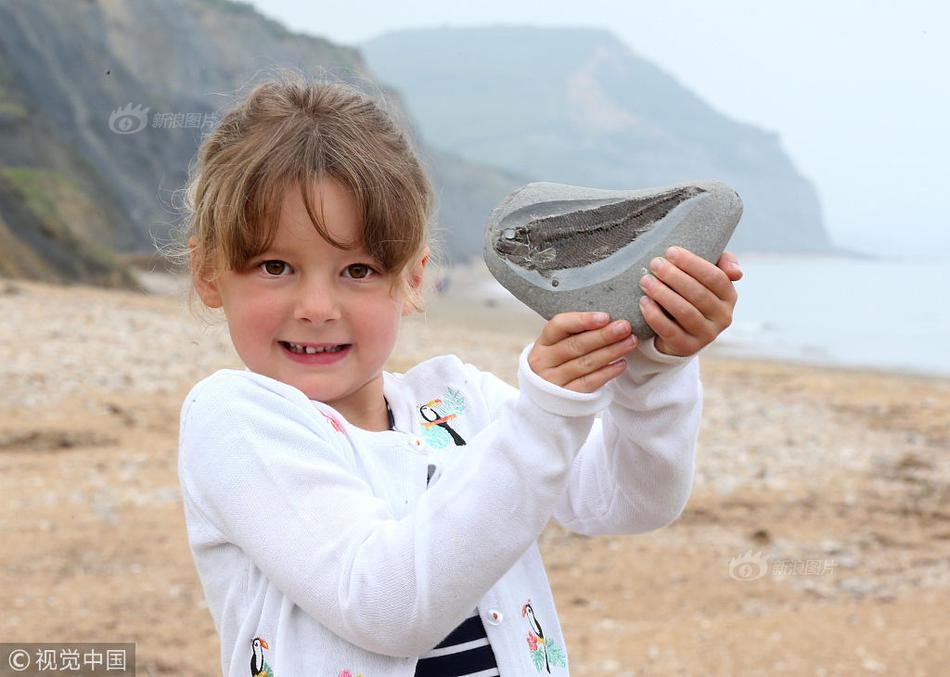Parthenogenesis -- a natural form of asexual reproduction -- is eroticism in the victorian erasomething that's common amongst plant species, insects, amphibians and many other life forms.
Meaning "virgin creation" in Greek, it describes the development and growth of an embryo without fertilisation.
The phenomenon occurs in sharks too, but one shark has shown a remarkable ability to switch between reproduction styles.
SEE ALSO: Twitter is freaking out about the existence of hairless animalsLeonie the leopard shark (also known as a zebra shark) from Reef HQ aquarium in Townsville, Australia, has stunned researchers by becoming the first of her species with a recorded mating history to switch to asexual reproduction.
 Original image has been replaced. Credit: Mashable
Original image has been replaced. Credit: Mashable It's a breakthrough that has been documented by Dr Christine Dudgeon of the University of Queensland and published in the journal, Scientific Reports.
Leonie last gave birth to pups in 2013, after she had mated with a male. She was then separated from the male, but three years later (in April 2016) she hatched three eggs -- despite having no access to a male partner.
"We thought she could be storing sperm but when we tested the pups and the possible parent sharks using DNA fingerprinting, we found they only had cells from Leonie," Dudgeon explained in a statement online.
It turns out Leonie had adapted to her lack of male company. That's especially significant considering the leopard shark was recently listed as "endangered" by the IUCN.
"This has big implications for conservation and shows us how flexible the shark's reproductive system really is," Dudgeon said.
"Leonie adapted to her circumstances and we believe she switched because she lost her mate. What we want to know now is could this occur in the wild and, if so, how often does it?
"One reason why we haven’t seen it before could be because we haven't been looking for it. It might be happening in the wild but it's never been recorded in this species before."
Time will tell if the pups can also reproduce themselves, but there's a strong downside to asexual reproduction too; reduced genetic diversity over successive generations.
Still. Pretty impressive.
Topics Animals Sustainability
(Editor: {typename type="name"/})
 The future of retail is permanent pop
The future of retail is permanent pop
 People are loving this teen's kind gesture during class
People are loving this teen's kind gesture during class
 Anderson Cooper DGAF, literally talks about Trump taking a dump on his desk
Anderson Cooper DGAF, literally talks about Trump taking a dump on his desk
 Best headphones deal: Save up to 51% on Beats at Amazon
Best headphones deal: Save up to 51% on Beats at Amazon
Amazon Book Sale: Shop early deals now
 Best early Amazon Book Sale deals: Best Kindle deal
...[Details]
Best early Amazon Book Sale deals: Best Kindle deal
...[Details]
Google I/O 2017 was boring, and that's bad news for innovation
 Trust me, I never thought it would come to this. If you had asked me a week ago what I was expecting
...[Details]
Trust me, I never thought it would come to this. If you had asked me a week ago what I was expecting
...[Details]
Take a sneak peek at four new 'Overwatch' skins coming next week
 Blizzard revealed four new Overwatchhero skins last night on the official Korean OverwatchTwitter an
...[Details]
Blizzard revealed four new Overwatchhero skins last night on the official Korean OverwatchTwitter an
...[Details]
Tim Cook spotted wearing a special glucose monitoring Apple Watch
 Apple CEO Tim Cook will be the first to tell you —he loves the Apple Watch and its health trac
...[Details]
Apple CEO Tim Cook will be the first to tell you —he loves the Apple Watch and its health trac
...[Details]
The fat bears are already extremely fat
 The fat bears exemplify success.Many of the brown bears at Katmai National Park and Preserve have pu
...[Details]
The fat bears exemplify success.Many of the brown bears at Katmai National Park and Preserve have pu
...[Details]
Watch millions of people use Google's Quick, Draw in GIFs
 Google introduced Quick, Draw! last November at our productivity's great expense. We spent hours in
...[Details]
Google introduced Quick, Draw! last November at our productivity's great expense. We spent hours in
...[Details]
Oh my god, please shut up about The Skimm
 So! Right now on the parts of the internet mostly occupied by People Who Work In the Business of Con
...[Details]
So! Right now on the parts of the internet mostly occupied by People Who Work In the Business of Con
...[Details]
How to protect yourself when social media is harming your self
 Social media can help us feel more connected to our friends, even when we're far away. But, for many
...[Details]
Social media can help us feel more connected to our friends, even when we're far away. But, for many
...[Details]
Nintendo Switch 2 release date, price announced
 Years of rumor-mongering and leaks have been put to rest. We finallyhave a price and release date fo
...[Details]
Years of rumor-mongering and leaks have been put to rest. We finallyhave a price and release date fo
...[Details]
Facebook's new notifications bundle Instagram and Messenger together
 Facebook's latest tweak goes beyond just the social network itself -- instead, the Facebook team is
...[Details]
Facebook's latest tweak goes beyond just the social network itself -- instead, the Facebook team is
...[Details]
接受PR>=1、BR>=1,流量相当,内容相关类链接。